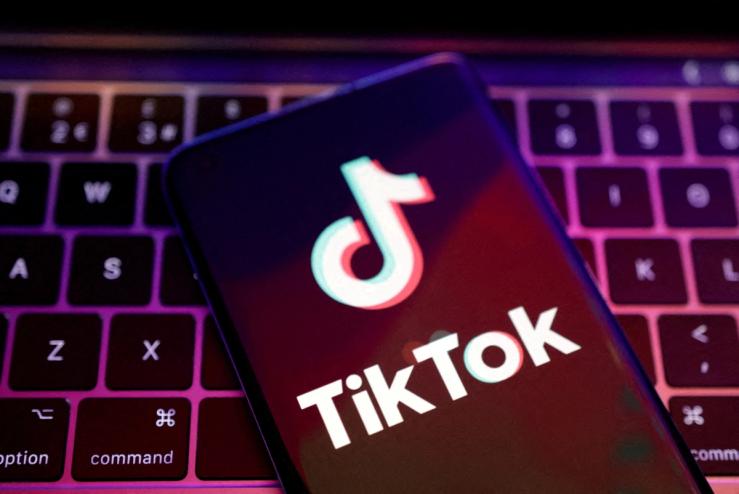The News
TikTok is putting up a fight as Kenya’s parliament considers a petition to ban the app in the country.
Describing TikTok as “a serious threat to the cultural and religious values of Kenya,” the petition accuses the platform of promoting violence, explicit sexual content, hate speech, vulgar language, and offensive behavior.
The sharing of adult content, misinformation, and hate speech on the app in Kenya has led to questions on the effectiveness of its content moderation efforts, which partly rely on artificial intelligence. Acknowledging these concerns, Kenya’s technology cabinet secretary on April 16 told the committee hearing the petition that the government preferred to enhance the regulation of TikTok, as opposed to a full-on ban.
TikTok’s head of public policy for sub-Saharan Africa, Fortune Mgwili-Sibanda, had earlier urged the committee to dismiss the petition, highlighting TikTok’s investment in a mix of human and AI-led content moderation and its efforts to work with policy makers and regulators. He said TikTok took down more than 296,000 inappropriate videos from Kenya in 2023. Mgwili-Sibanda appeared alongside a representative of Majorel, TikTok’s content moderation partner in Kenya.
Mgwili-Sibanda emphasized TikTok’s role in the creative economy by “surfacing local Kenyan talent and exporting it to global audiences.” He also said a ban would be “tantamount to silencing citizens and denying them of their Constitutional rights.”
MPs’ concerns included fears that the AI moderation tools used by TikTok may not be able to decipher local languages and contexts, allowing dangerous or harmful videos to find their way into timelines.
In this article:
Know More
Kenya’s ministry of information, communications and technology also told the committee that TikTok had, in talks last year, agreed to share quarterly compliance reports with the government. The ministry argued for enhanced regulation as opposed to a ban.
“To facilitate easy community reporting, TikTok is required to share quarterly compliance reports with the ministry, clearly showing content removed and reasons for the same,” said the ministry’s principal secretary, John Tanui.
Martin’s view
A ban is unlikely due to TikTok’s popularity, particularly among young people and small businesses, Nairobi-based media consultant Brian Ndegwa told Semafor Africa. Several TikTok content creators in Kenya have come out to oppose the proposed ban, as have some lawmakers who cited its heavy use by influencers and businesses.
“It would also go against Kenya’s positioning as a tech and innovation leader on the continent,” Ndegwa said. “But their moderation just isn’t good enough yet for content in Kenya and most of Africa,” he added.
The use of AI alongside human content moderators, in particular, highlights the need to train large language models (LLMs) on more African languages, texts and multimedia content. In Kenya, for example, at least 47 languages are spoken by different ethnic communities in addition to the official languages of English and Swahili.
“What you [TikTok] are doing is simply not enough. Your AI and moderating formula is not built to work effectively in Kenya,” said Mbeere South member of parliament Nabert Muriuki at the hearings. “How is your system going to filter content that is spoken in different dialects such as Ki-Meru?”
Stricter regulation of TikTok is, however, a far more likely possibility.
Ndegwa said he expected more African governments to take a closer look at TikTok, citing recent disruptions, proposed bans on TikTok in Somalia, Senegal, Egypt and Uganda. He warned that such bans could “open the door” to censorship.
The View From the African Union
TikTok and the African Union in March announced a new online safety education partnership.
The campaign aims to “raise awareness of online safety among youth as well as parents, teachers and guardians in Africa.” The campaign, launched amid heightened scrutiny of the platform by African governments, was rolled out on TikTok across the continent.


